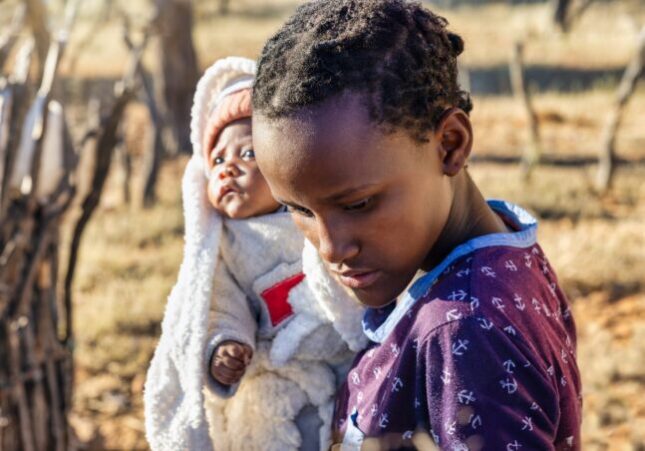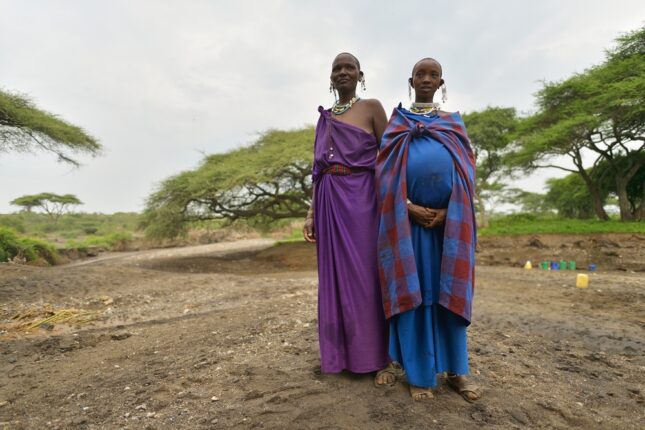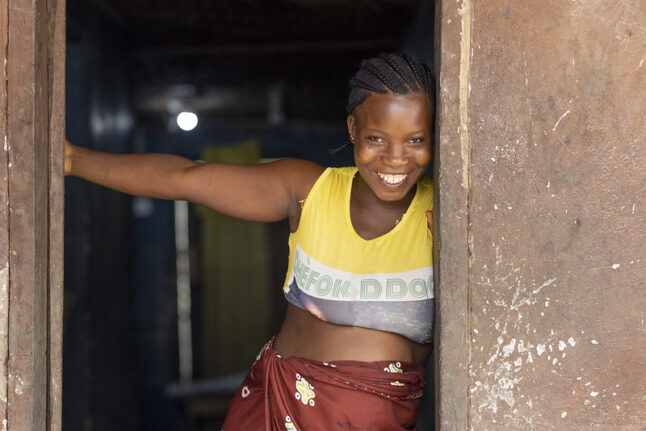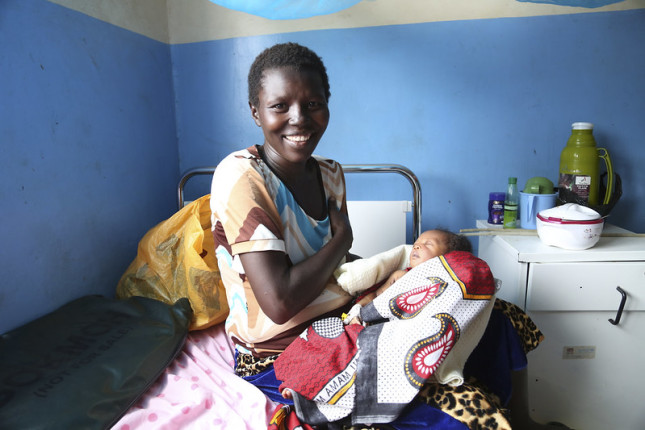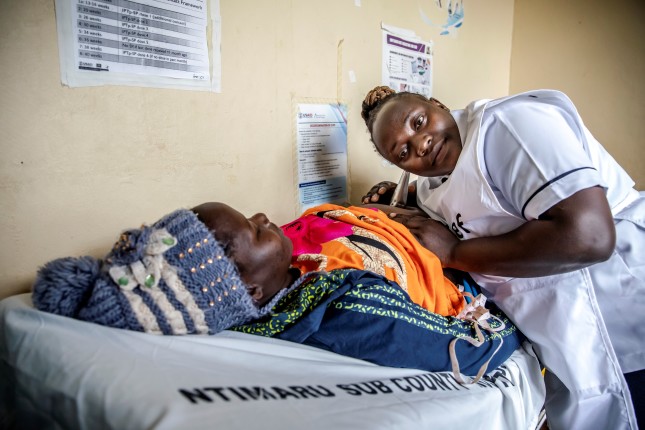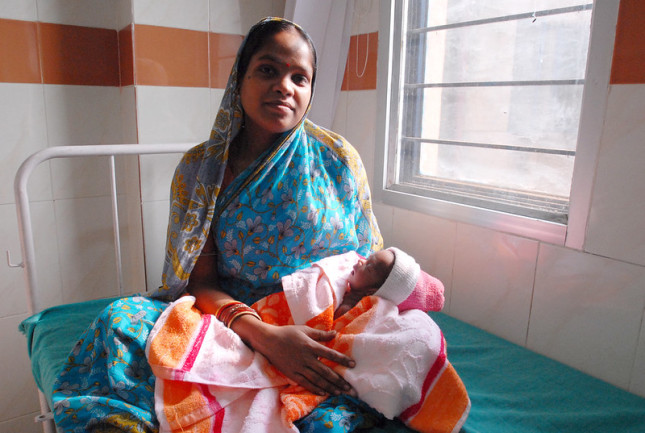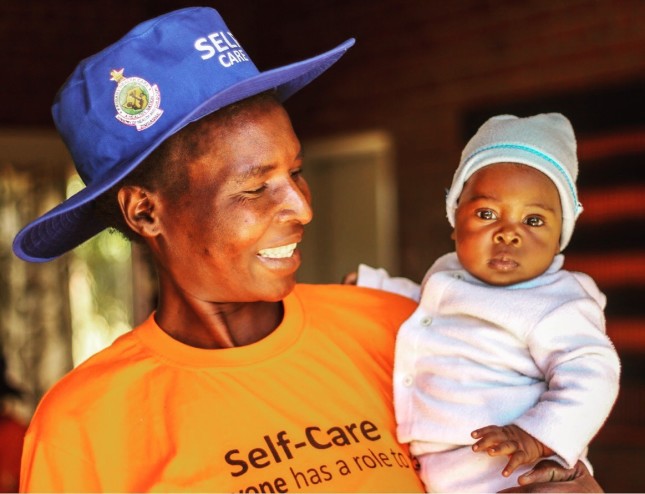-
Obstetric Violence in Sub-Saharan Africa: The Struggle for Dignified Maternal Care
›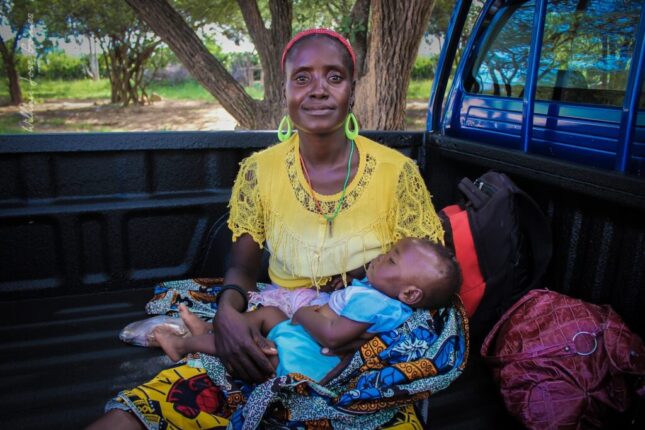
In August 2013, Josephine Majani, a mother of three from Bungoma County in Kenya, endured a harrowing birth experience. Despite her repeated pleas for help during labor, the nurses in the hospital ignored her. She struggled to walk to the labor ward while in intense pain, but all of its beds were occupied. Majani was forced to give birth on the cold concrete floor. Subsequently, nurses there subjected her to verbal and physical abuse—even making her carry her placenta back to the labor ward.
-
Essential and Overdue: Quality Care for Adolescent Mothers and First-Time Parents
›
Maternal health among adolescents in low- and middle-income countries (LMICs) remains a largely unexplored and frequently neglected area within the public health field. Adolescent birth rates remain disproportionately high in LMICs, accounting for approximately 97% of all adolescent births globally. The prevalence of child marriage, poverty, gender-based violence, and limited access to and utilization of contraceptive methods all contribute to this startling statistic.
-
Afro-Descendant Women and Girls Deserve Culturally Relevant Healthcare and Better Data
›
A recent study from the United Nations Population Fund (UNFPA) and its partners found that women and girls of African descent living in the Americas are up to three times more likely to die from preventable maternal death causes. So it is no surprise that UNFPA’s Executive Director of Programs, Diene Keita, is calling attention to this challenge.
-
NEW: Global Health and Gender Policy Brief: Drivers of Global Maternal Mortality
›
Each day, almost 800 women die from preventable causes related to pregnancy and childbirth. A maternal death occurs every two minutes. Maternal mortality is defined as the death of a woman from complications of pregnancy or childbirth that occur during the pregnancy or within 6 weeks after the pregnancy ends.*
-
Finding the Power to Prevent Maternal Deaths: Women Deliver 2023
›
The 2023 Women Deliver Conference in Kigali, Rwanda offered participants an opportunity to think deeply about gender equality, and the urgency of this moment in making progress was evident – even at a pre-conference event hosted by the United Nations Population Fund (UNFPA): Scaling Up Actions to End Preventable Maternal Deaths: Linkages with Family Planning, Bodily Autonomy and the Health Workforce.
-
Midwives Lead the Way: The 5th Global Midwifery Symposium
›
Midwives play a central role in maternal and newborn health. So, it is fitting that their efforts took the spotlight at a two-day event – The 5th Global Midwifery Symposium – held during the first ever International Maternal and Newborn Health Conference (IMNHC) in May 2023 in Cape Town, South Africa.
-
Delivering Dignity: The Importance of Respectful Maternity Care
›
Women who are treated with respect and dignity during childbirth are more likely to have positive birth experiences, feel empowered to make informed decisions about their care, and have better health outcomes for themselves and their newborns.
-
Me Care, We Care: How Self-Care Strengthens Maternal and Newborn Health
›
A recent report on global maternal mortality by the World Health Organization (WHO) reveals a hard truth: the world has been ignoring the needs of pregnant women. While there have been substantial reductions in maternal death rates since 2000, progress has stalled or been reversed in some countries after 2015, even before COVID-19 exacerbated the situation. Nations affected by humanitarian emergencies, conflicts, and other crises fared the worst.
Showing posts from category respectful care.


